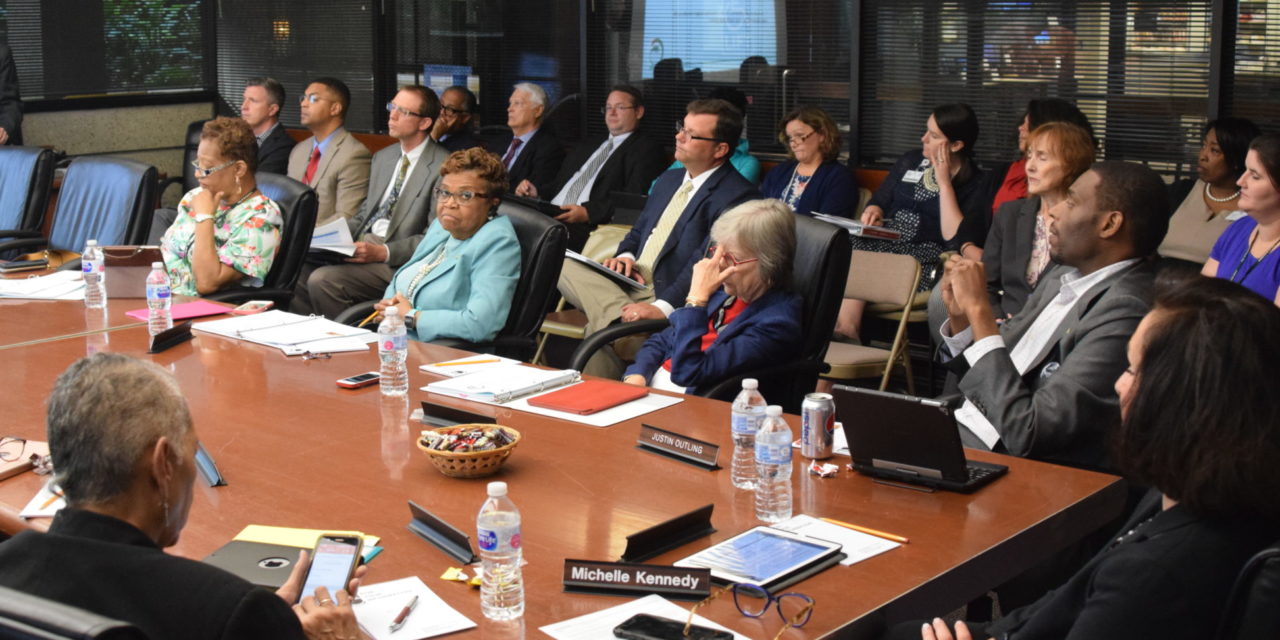The Greensboro City Council will find out how it fared in the North Carolina Legislature this year at a work session at 4 p.m. Tuesday, Nov. 19 in the Plaza Level Conference Room.
The only item on the agenda for the work session is a report from Greensboro’s state government lobbyist Johnny Tillett of McGuire Woods.
The City Council had 11 items that it was requesting from the General Assembly, which finally adjourned on Oct. 31 without passing a budget.
At the top of the list was to relax the laws concerning police body worn camera videos to allow the City Council to view the videos in closed session and then talk about them.
It doesn’t appear this legislation went anywhere.
An item that was of particular concern to the City Council was an amendment to allow the City Council to pass a “Good Repair Ordinance” for a specific defined area, such at the Central Business District. This didn’t go anywhere and the City Council, after much controversy, passed a Good Repair Ordinance for the entire city.
The Greensboro City Council asked the state to help the city collect parking fines. McGuire Woods reported that other cities were interested in this as well, but according to Rep. Jon Hardister it didn’t pass.
Greensboro did get $1 million to help repair the damage from the tornado in April 2018. This was included in the budget but the budget was a vetoed. However, the funding was passed in one of the mini-budget bills passed by the legislature and signed by Governor Roy Cooper.
The Greensboro City Council also wanted health care for retired city councilmembers. In 2017, the City Council passed a resolution in support of getting health care for life for councilmembers, but the legislature didn’t appear as interested in it as the City Council.
The city wasn’t only looking out for itself; it also asked for help for Guilford County to build a medical detox facility. This also was funded but is in the budget that didn’t pass.
The council also asked for the authority to set up a small business enterprise program similar to the Minority and Women Business Enterprise (MWBE) program to give small local businesses an advantage when applying for city contracts. This passed the House, but not the Senate.

